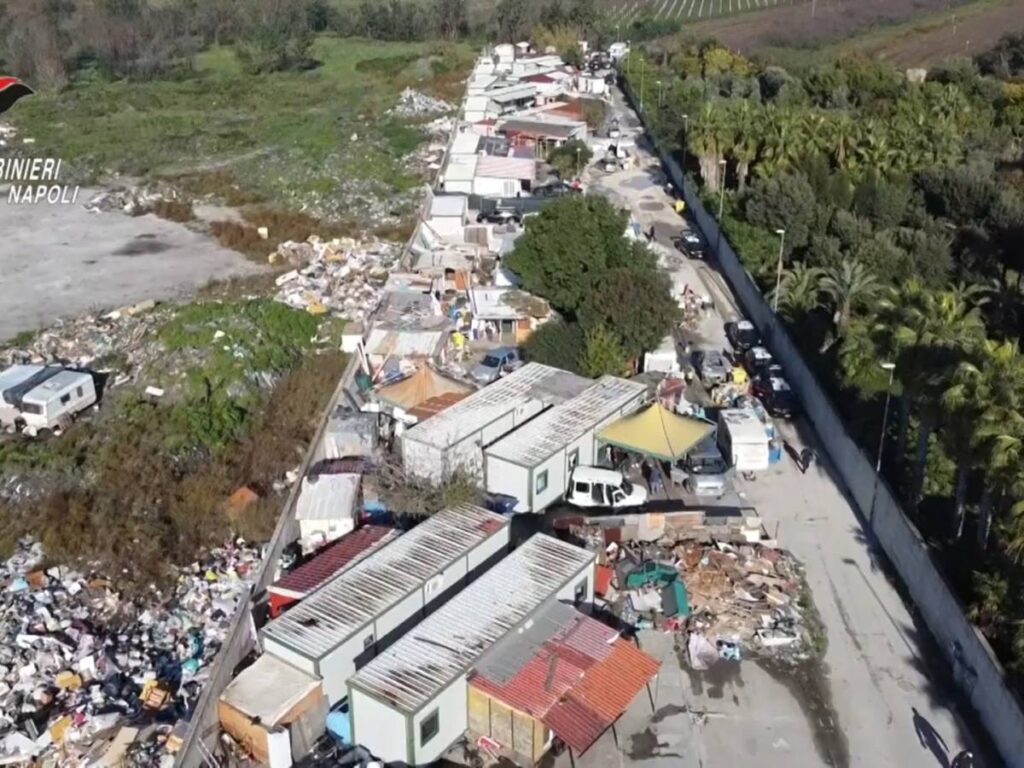
Roman forest and camp. Two places that are very different and very far apart but in the case of the Palmoli family, in the province of Chieti, become very close because they perfectly illustrate how justice can be judged differently. Some call it a double standard, others call it an ordinary interpretation by the judge. However, apart from the terminological discussion, there is a news case that is worth remembering to analyze the news from another point of view.
Parma suburb, 2011. The Juvenile Prosecutor’s Office asked to entrust a 12-year-old girl to social services to give her a better life in society compared to the Roma camp with “poor hygienic conditions” where she lived, as discovered by the city police. He rarely went to school and his family had problems with the law. But the Court of Appeal answered emphatically no: “A normal way of life”. Yes, you read it right: the little girl, even without school, was not a victim of any “prejudice” and did not suffer any harm. It did not matter whether the minor’s prosecutor had referred to the laws protecting the rights of minors, from criminal law to the New York convention, because the Court said the little girl should remain in the camp. “The nomadic condition and culture of origin do not lead us to believe that there is an element of prejudice against minors”: this is his motivation. And again: there is no evidence of “parental behavior that is not caused by a normal way of life based on its condition and origin.” The case went unnoticed, without any controversy. As if living in certain conditions and staying there is a normal thing.
But this isn’t the only episode of its kind. Back in our time, the decision of the Turin Court of Appeal has given rise to discussion. Also in this case, the judge emphasized the context and culture of ownership. So, in July 2024, a Romanian couple from a nomadic camp (he was 54 years old and she was 44 years old) were acquitted of charges of molesting their three daughters. In essence, a few blows and a few slaps are not a crime as long as, as in this case, the “context” and life experience lead us to believe that they are “the only means available to ensure order and discipline in the family.” The defense’s thesis was accepted, stating that this was a “common context of violence” in the Roma camps. Here too the principle which seems to apply is that since the Romans knew no other method of education there was no limit to punishment.
According to the latest statistics, the number of young people not studying or working in Roma and Sinti communities is much higher than the already high national average. However, the news rarely includes cases where judges revoke parental rights due to worrying hygienic and sanitary conditions, lack of electricity, water and gas facilities, or lack of toilets. These are some of the reasons why the three children were taken away from their parents and from the forest. Not to mention failure to comply with school obligations. An obligation that in the case of the Bosco family should have been respected since the competent comprehensive institution appears to have officially authorized the parents to use home schooling in the current school year, as well as having ratified the suitability of the eldest daughter.
So, here what is meant is not a matter of being on one side or the other, but understanding how it is possible that Roma camps in conditions of degradation, illegality and violence, plus a lack of respect for school rules and much more, are not a motivation to act to protect minors but are instead accepted and permissible.




